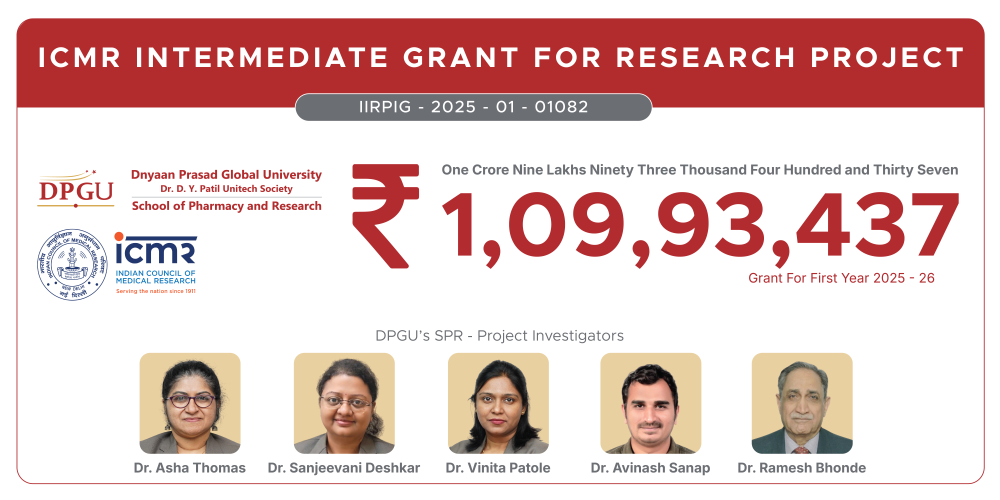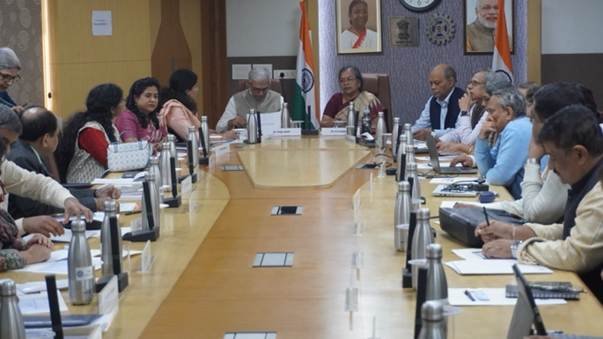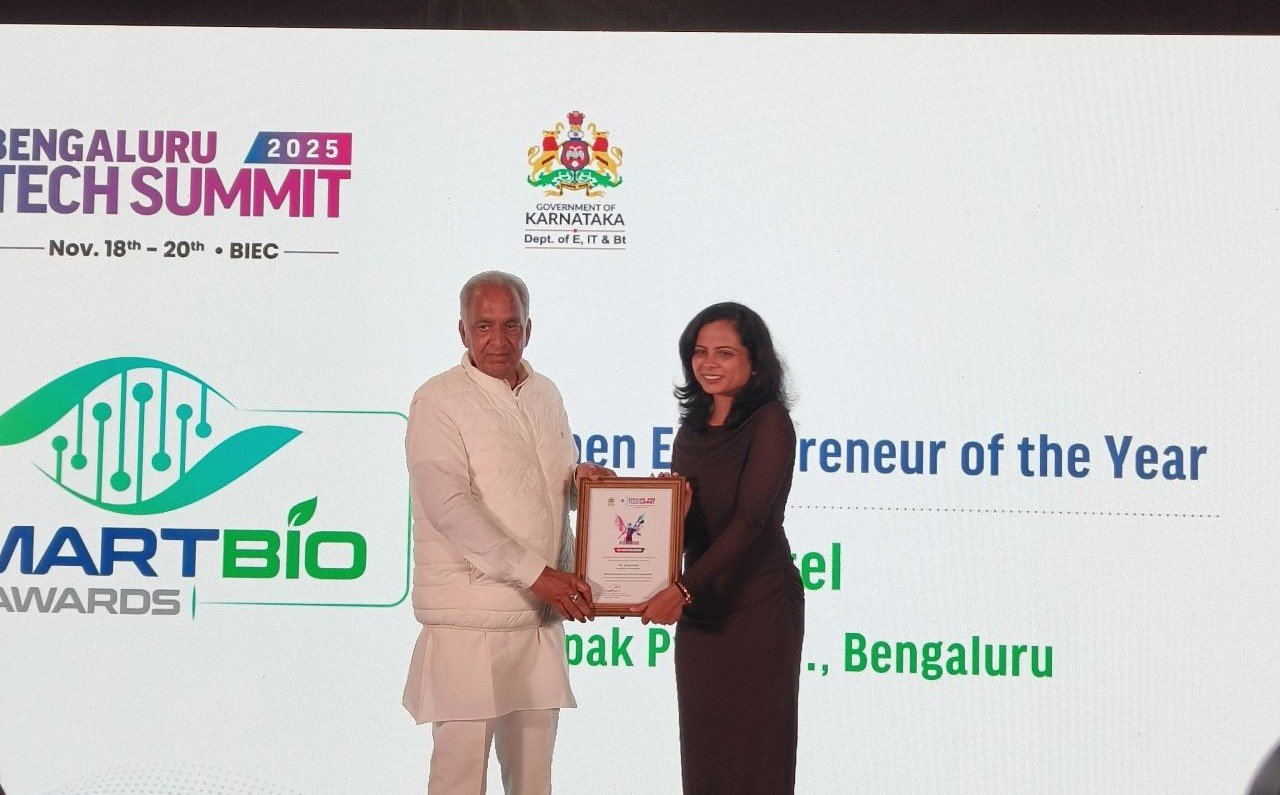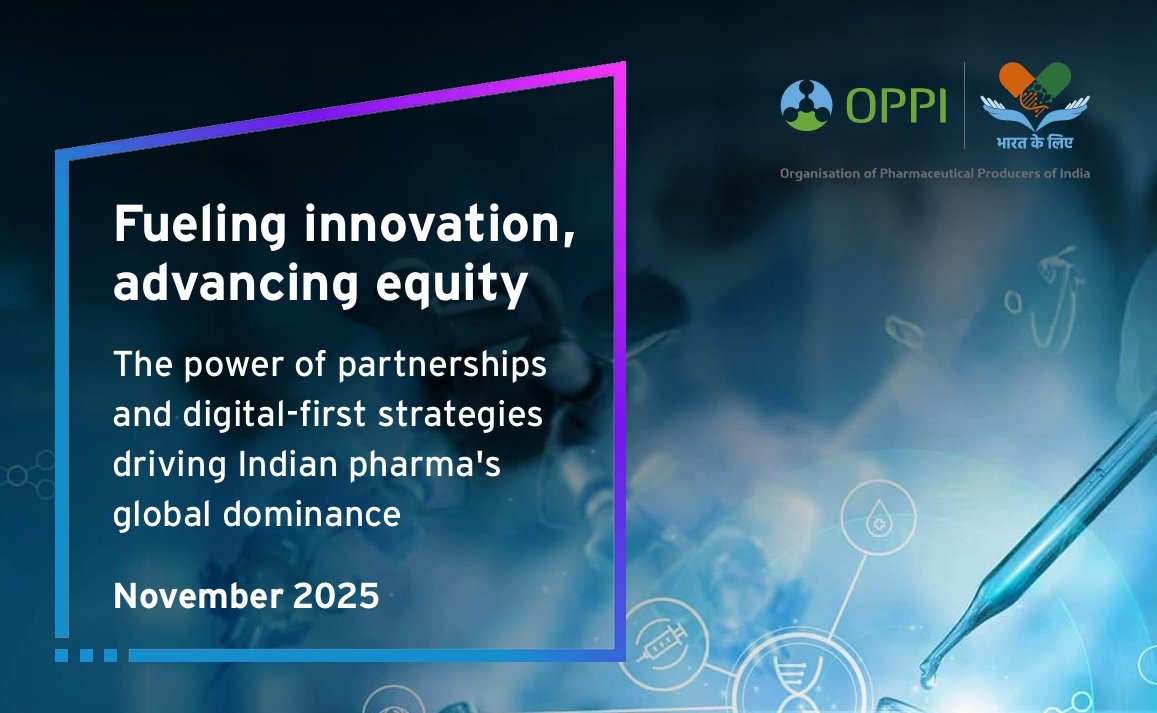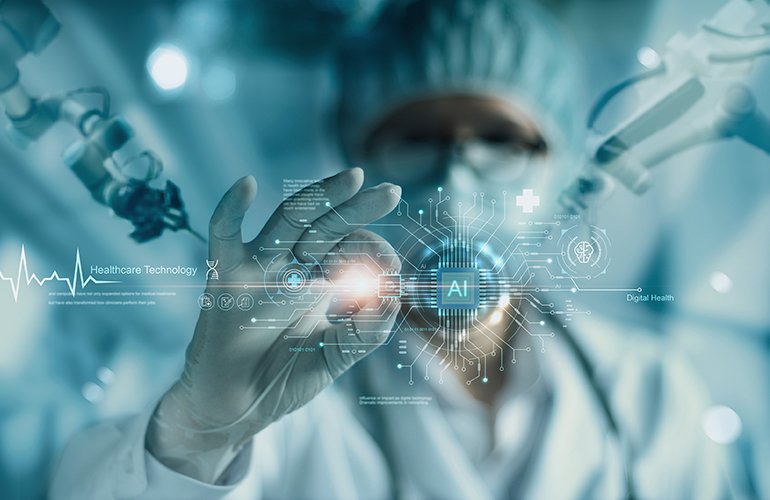How Genome Sequencing & Mass Spectroscopy Improve Lab Medicine
March 01, 2022 | Tuesday | Views
One of the emerging applications of clinical mass spectrometry (MS) is the quantitative detection of small amounts of proteins, biomarkers, or pharmacological compounds, even at low concentrations. Researchers have been able to identify the pharmacokinetic characteristics of medications given in microdoses. This safeguards the patient from the medicine's potential side effects while also allowing scientists to figure out what happens to the drug metabolomics in the body. The tiny sample and concentration requirements for the clinical mass spectrometry made it easier to obtain information particular to paediatric patients, who cannot always offer a large enough sample for standard analysis methods

When the outbreak of COVID-19 was first announced by the World Health Organisation, metagenomic next-generation sequencing (NGS) was deployed to identify and uncover SARS-CoV-2 infection caused by the novel coronavirus. The quick development of reverse transcription (RT) PCR techniques for detecting specific segments of the SARS-CoV-2 genome was aided by the early identification and sequencing of SARS-CoV-2. Major advancements in mass spectrometry (MS) are providing complementing data for the drive towards precision medicine, alongside advances in next-generation and whole-genome sequencing.
Improved throughput with sample multiplexing, higher sensitivity in finding low-frequency variations, the faster turnaround time for high sample numbers and cost effectiveness are the advantages of NGS over previous sequencing approaches. After Sanger sequencing, NGS represents a true sequencing technology revolution. Sanger sequencing took several years and billions of dollars to sequence the first human genome. However, with the advent of NGS, a complete human genome can now be sequenced in a few days at less expense.
NGS offers a wide range of applications in laboratory medicine and has become an integral aspect of precision medicine. The technique has been used in diagnosis, prognosis, and therapy selection for constitutional disorders, cancer, and infectious diseases. At the same time, a growing body of well-curated clinical and genomic data is becoming available.
The breakthrough came when we understood the function of genes providing essential insights into the human body and what happens when we get sick. This was the rationale for the Human Genome Project, which lasted 13 years and cost $2.7 billion. The world has progressed rapidly, and we can, now, map a human genome in a matter of hours, at a fraction of the previous cost. Fast, large-scale, low-cost DNA sequencing has catapulted genomics into the mainstream of medicine, ushering-in a revolution in precision medicine.
Gene therapy for cystic fibrosis has grown as scientists have gained a better understanding of the human genome. Because they contain defective alleles, members of some families are more likely to acquire specific forms of breast cancer. These alleles have been identified as a result of the NGS. People can now be tested to see if they carry these alleles in their DNA; the procedure allows the person to decide whether or not to have surgery to remove breast tissue before cancer develops. If both parents are checked for the alleles, it also allows doctors to forecast the likelihood of any offspring developing disease.
The ability to sequence the DNA in cancer cells is a huge breakthrough in medicine. The treatment is extremely effective, and it would not have been possible without an in-depth understanding of DNA sequencing and the human genome.
Now the human genome sequence has been determined and it is hoped that the new treatments can be developed in an easy manner. Modern medicine will be transformed by the ability to target diseases with specific drugs and the use of gene therapy to treat diseases on a patient-by-patient basis.
Dr Suresh Thakur, President - IVD, India, Trivitron Healthcare



